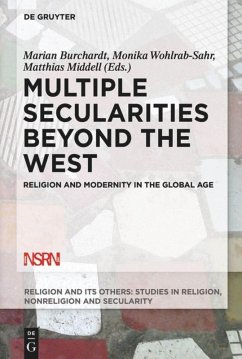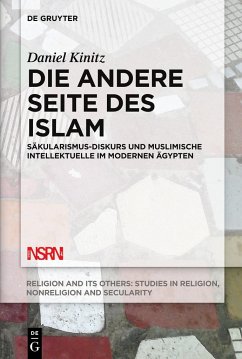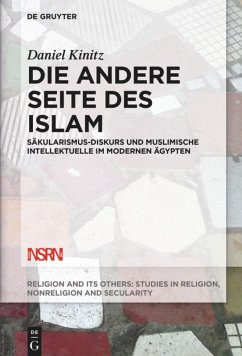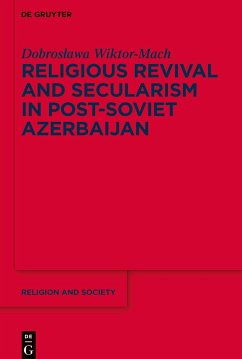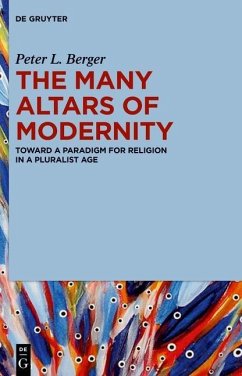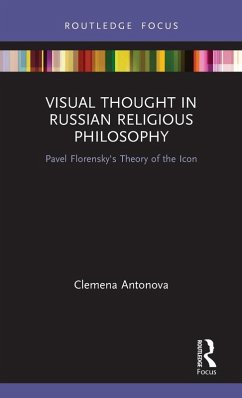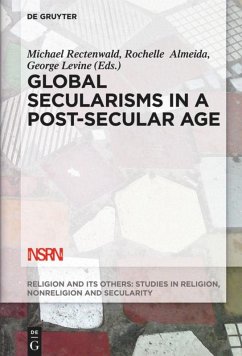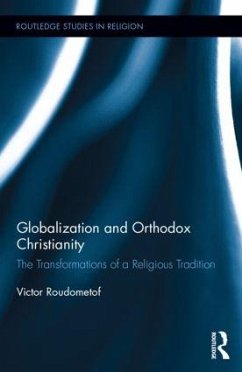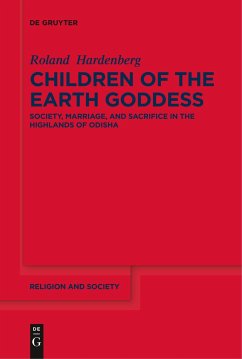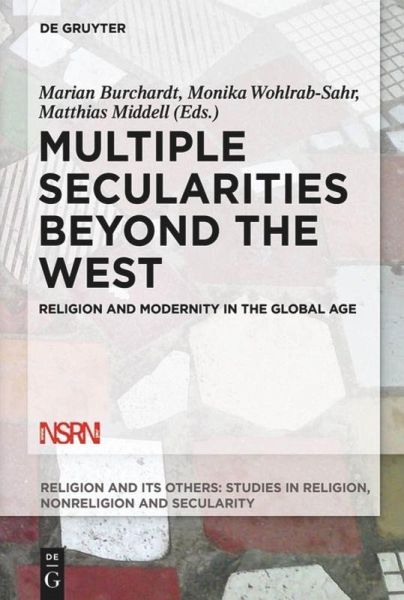
Multiple Secularities Beyond the West
Religion and Modernity in the Global Age
Herausgegeben: Burchardt, Marian; Wohlrab-Sahr, Monika; Middell, Matthias
Versandkostenfrei!
Versandfertig in 6-10 Tagen
24,95 €
inkl. MwSt.

PAYBACK Punkte
0 °P sammeln!
Questions of secularity and modernity have become globalized, but most studies still focus on the West. This volume breaks new ground by comparatively exploring developments in five areas of the world, some of which were hitherto situated at the margins of international scholarly discussions: Africa, the Arab World, East Asia, South Asia, and Central and Eastern Europe.In theoretical terms, the book examines three key dimensions of modern secularity: historical pathways, cultural meanings, and global entanglements of secular formations. The contributions show how differences in these dimension...
Questions of secularity and modernity have become globalized, but most studies still focus on the West. This volume breaks new ground by comparatively exploring developments in five areas of the world, some of which were hitherto situated at the margins of international scholarly discussions: Africa, the Arab World, East Asia, South Asia, and Central and Eastern Europe.
In theoretical terms, the book examines three key dimensions of modern secularity: historical pathways, cultural meanings, and global entanglements of secular formations. The contributions show how differences in these dimensions are linked to specific histories of religious and ethnic diversity, processes of state-formation and nation-building. They also reveal how secularities are critically shaped through civilizational encounters, processes of globalization, colonial conquest, and missionary movements, and how entanglements between different territorially grounded notions of secularity or between local cultures and transnational secular arenas unfold over time.
In theoretical terms, the book examines three key dimensions of modern secularity: historical pathways, cultural meanings, and global entanglements of secular formations. The contributions show how differences in these dimensions are linked to specific histories of religious and ethnic diversity, processes of state-formation and nation-building. They also reveal how secularities are critically shaped through civilizational encounters, processes of globalization, colonial conquest, and missionary movements, and how entanglements between different territorially grounded notions of secularity or between local cultures and transnational secular arenas unfold over time.



